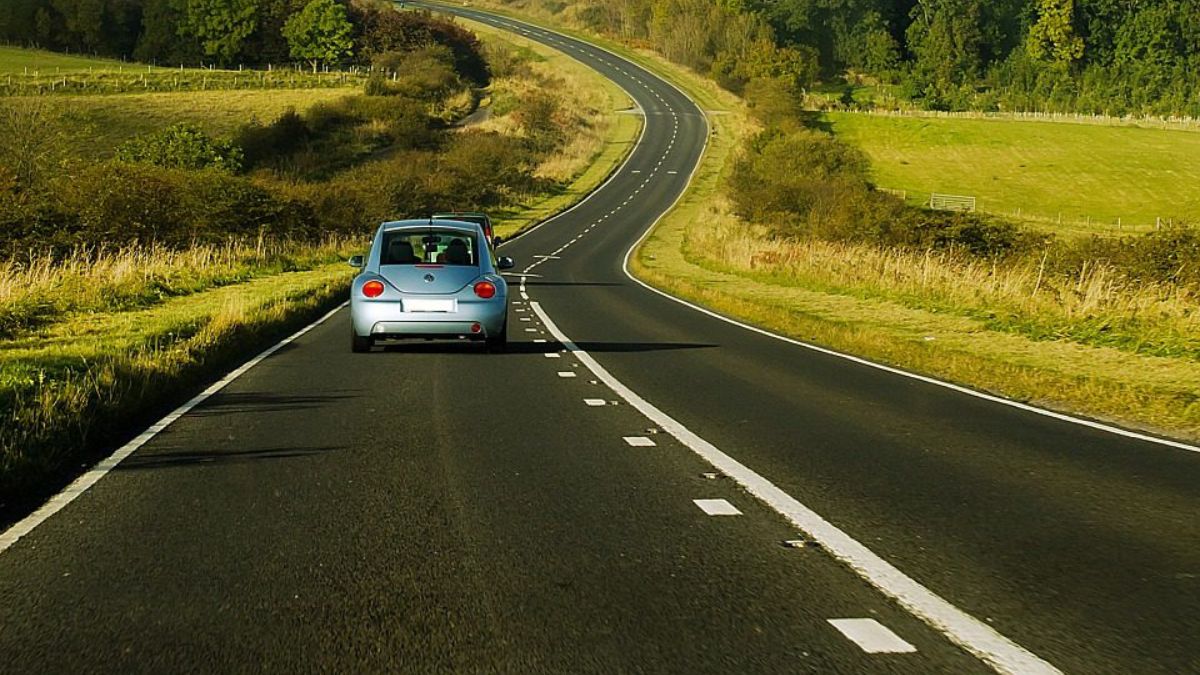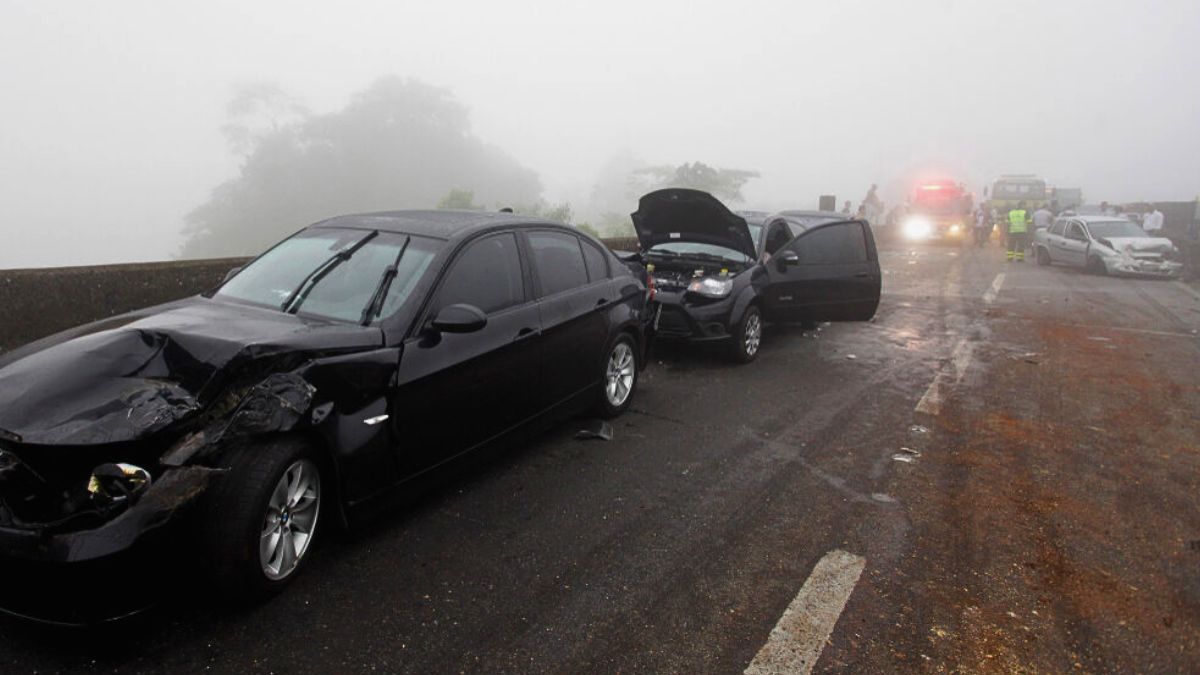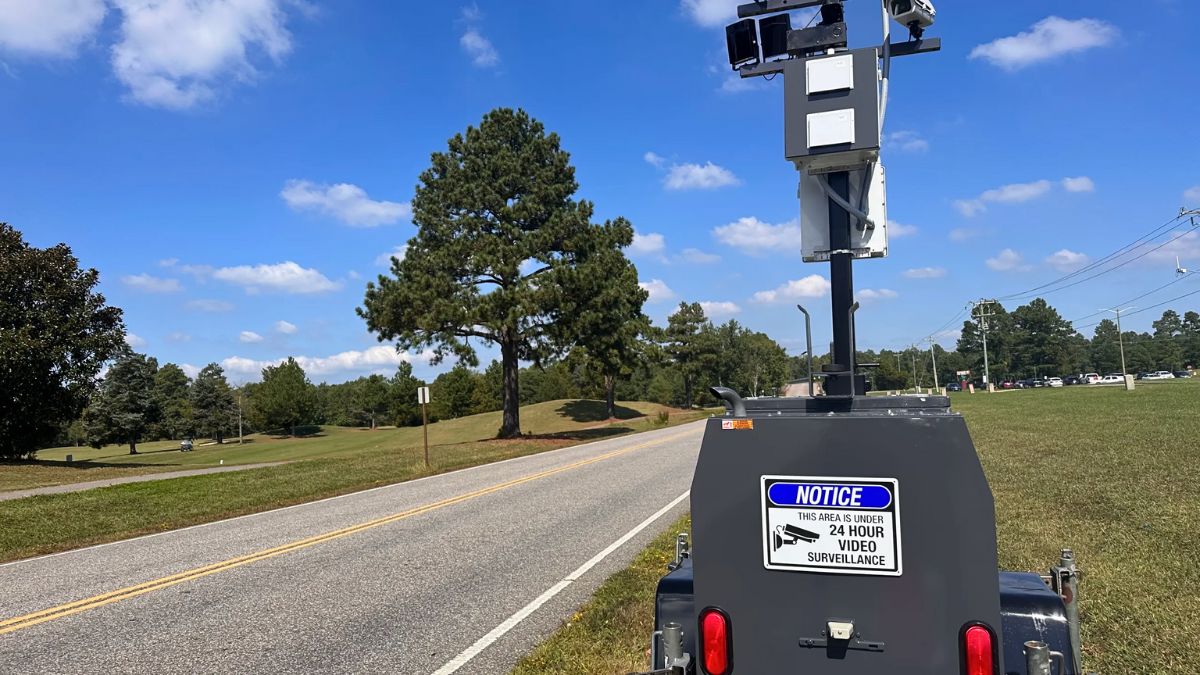The future of driving is closer than you think, and Virginia is helping lead the way. The Virginia Smart Highway Pilot Project is one of the most exciting and high-tech infrastructure experiments happening in the U.S. right now. Designed to test smart transportation technologies in real-world settings, this pilot program blends innovation, automation, and data to shape the highways of tomorrow.
Concept
The idea behind the Smart Highway Pilot is simple: make roads smarter to make travel safer, smoother, and more efficient. The project, based primarily in the New River Valley near Blacksburg, isn’t just a theoretical lab experiment. It’s a living, working testbed where connected and autonomous vehicles (CAVs) interact with sensors, smart signs, and even weather-detecting pavement.
This 2.2-mile stretch of test road looks like any other highway, but beneath the surface lies a web of fiber optics and embedded tech that’s feeding real-time data back to researchers and engineers. The road is closed to the public but simulates real conditions—traffic signals, fog, rain, hills—to test how smart systems react.
Technology
The highway is wired with high-speed communication systems, LiDAR scanners, cameras, and weather stations. Vehicles using the test road can send and receive data from the road infrastructure and other vehicles, creating a highly connected network.
One big goal is to fine-tune Vehicle-to-Everything (V2X) communication. That means cars won’t just talk to each other, but also to traffic lights, signs, emergency systems, and even pedestrians’ phones. The Smart Highway tests how well this communication holds up under real-world scenarios.
Engineers also use simulations and live data to analyze how artificial intelligence can assist with lane changes, collision avoidance, and adaptive cruise control, all without human input.
Partners
The project is led by the Virginia Tech Transportation Institute (VTTI) and supported by the Virginia Department of Transportation (VDOT). Private companies, including major automakers and tech firms, are also part of the mix, eager to use the findings to refine their autonomous systems.
The collaboration between public research institutions and private innovators ensures the technology developed here doesn’t sit on a shelf—it’s quickly transferred into vehicles and road systems across the country.
Benefits
So what’s the point of all this tech? The hope is that smart highways can drastically cut traffic accidents, reduce congestion, and improve fuel efficiency. If vehicles can communicate in real time, they can adjust speeds, avoid crashes, and reroute automatically in emergencies.
Imagine fewer traffic jams, better air quality from less idling, and a much smoother ride. And while full automation may still be years away, what’s being tested here could roll out in everyday cars sooner than you think.
Challenges
Of course, it’s not all smooth sailing. One major hurdle is data privacy. How much should your car share about your location or driving habits? There are also questions about cybersecurity, infrastructure costs, and getting older vehicles to interact with newer smart systems.
There’s also the challenge of weather. Fog, snow, and heavy rain all interfere with sensors, so the Smart Highway includes climate-testing zones that replicate those conditions to help developers fine-tune their systems.
Future
In 2025, the Smart Highway Pilot is expanding its scope. New lanes are being added for testing electric vehicle charging on the go, and additional 5G towers are being installed to boost real-time responsiveness.
Virginia’s ultimate goal is to build a blueprint for intelligent highways nationwide. As smart mobility becomes more mainstream, the lessons learned here will help states across the country develop their own connected road systems.
Here’s a quick breakdown of what makes the Virginia Smart Highway stand out:
| Feature | Description |
|---|---|
| Length | 2.2 miles |
| Location | Near Blacksburg, Virginia |
| Lead Organization | Virginia Tech Transportation Institute (VTTI) |
| Key Technologies | V2X, LiDAR, sensors, 5G, AI-driven controls |
| Focus Areas | Safety, automation, weather impact, real-time comms |
| Year of Expansion | 2025 |
Virginia isn’t just paving roads—it’s paving the future. The Smart Highway Pilot Project is a bold step into the next generation of mobility, where tech and transportation work hand in hand to make travel safer and smarter for everyone.
FAQs
What is Virginia’s Smart Highway?
It’s a tech-based test road for autonomous and connected vehicles.
Where is the Smart Highway located?
It is near Blacksburg, Virginia, operated by VTTI.
What tech is used in the project?
V2X, LiDAR, 5G, sensors, AI systems, and weather monitors.
Who is running the pilot project?
Virginia Tech’s Transportation Institute and VDOT.
What is being tested in 2025?
On-road EV charging and expanded V2X systems.

















